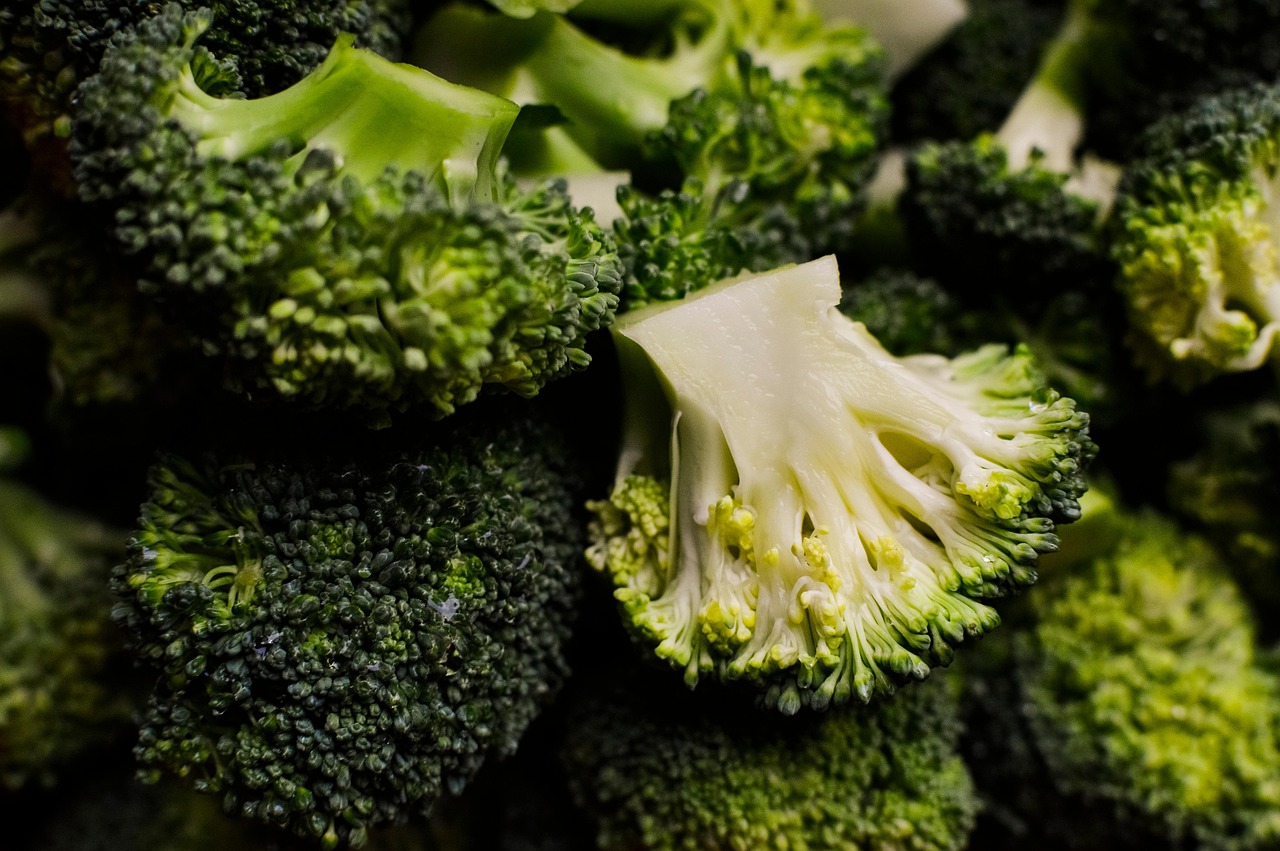“`html
In recent years, the gluten-free diet has surged in popularity, with many people adopting this lifestyle for health reasons, personal preference, or dietary restrictions. Gluten, a protein found in wheat, barley, and rye, can cause adverse reactions in those with celiac disease, gluten sensitivity, or wheat allergies. However, even individuals without these conditions are becoming increasingly interested in gluten-free living. This blog post delves into what a gluten-free diet entails, its benefits, challenges, and practical tips for those considering this dietary shift.
Understanding Gluten and Its Effects
What is Gluten?
Gluten is a combination of proteins found in various grains. It acts like a glue that helps foods maintain their shape, giving elasticity to dough.
Who Needs to Follow a Gluten-Free Diet?
- Celiac Disease: An autoimmune disorder where ingesting gluten leads to damage in the small intestine.
- Non-Celiac Gluten Sensitivity: Individuals may experience gastrointestinal and non-gastrointestinal symptoms after consuming gluten.
- Wheat Allergy: A true allergy to wheat proteins that can result in serious symptoms.
Benefits of a Gluten-Free Diet
Improved Digestive Health
- Reduces bloating, diarrhea, and gas in individuals with gluten sensitivities.
- Leads to improved nutrient absorption in those with celiac disease.
Enhanced Energy Levels
Many individuals report feeling more energetic after eliminating gluten from their diets, particularly those who were previously experiencing fatigue due to undiagnosed gluten-related disorders.
Potential Weight Loss
Some people may lose weight after switching to a gluten-free diet, primarily due to reduced consumption of processed foods high in gluten.
- Focus on whole foods like fruits, vegetables, lean proteins, and gluten-free grains (e.g., quinoa, rice).
Challenges of a Gluten-Free Diet
Social and Dining Out
Eating out can be complicated when avoiding gluten. Here are some tips:
- Research Restaurants: Look for establishments that offer gluten-free options.
- Communicate: Always inform your server about your dietary restrictions.
Nutritional Deficiencies
Gluten-free diets can be low in essential nutrients if not carefully planned. Consider:
- Include fortified foods to ensure adequate intake of B vitamins and iron.
- Incorporate a variety of gluten-free grains to enhance nutrient density.
Practical Tips for a Gluten-Free Lifestyle
Shopping for Gluten-Free Products
- Always read food labels carefully; look for the gluten-free certification seal.
- Shop in the gluten-free aisle, but also explore the produce, dairy, and meat sections, as many whole foods are naturally gluten-free.
Cooking and Baking Gluten-Free
- Alternative Flours: Use almond flour, coconut flour, or gluten-free all-purpose flour in recipes.
- Experiment: Don’t be afraid to try new gluten-free recipes or adapt traditional dishes.
Conclusion
A gluten-free diet can offer numerous benefits for those who need it, but it is essential to approach this lifestyle with knowledge and mindfulness. Whether you are adopting a gluten-free lifestyle due to health reasons or personal preferences, careful planning and informed choices are crucial to ensure balanced nutrition. By understanding the implications, benefits, and possible challenges of gluten-free living, you can enjoy a healthier, more energized life. Remember, as with any dietary change, consulting with a healthcare professional is always advisable.
“`






